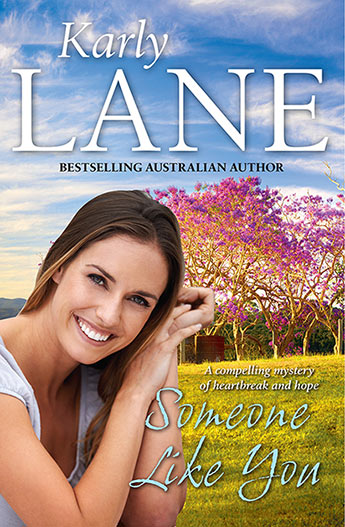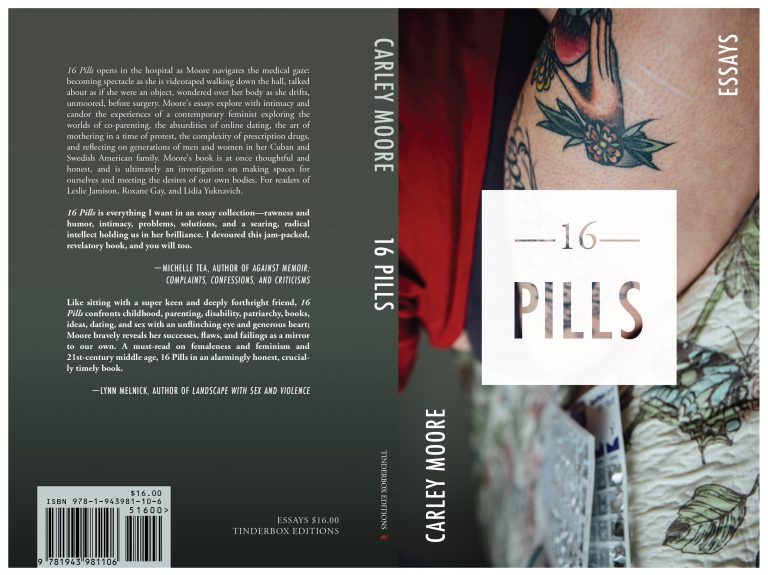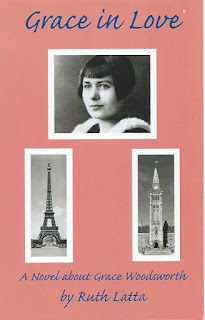 To call Scorn a work of righteous anger would barely do justice to its earth-shattering rage, its apocalyptic howl of protest, its caustic humour, irony and indignation. The power of these emotions literally cannot be contained; the novel overspills its own boundaries, spreads outwards into the world by means of its copious epigraphs and epilogues, illustrations, quotations and allusions – even mixing genres and providing external links.
To call Scorn a work of righteous anger would barely do justice to its earth-shattering rage, its apocalyptic howl of protest, its caustic humour, irony and indignation. The power of these emotions literally cannot be contained; the novel overspills its own boundaries, spreads outwards into the world by means of its copious epigraphs and epilogues, illustrations, quotations and allusions – even mixing genres and providing external links.
A review of The Book of Air by Joe Treasure
 The stories it tells gather momentum and significance with each short chapter; it is populated by personages in whom we can believe; it is profoundly intelligent and deeply engrossing. Its allusions and references are delightfully subtle and oblique, conveyed effortlessly by the author’s gift for language and ideas. I doubt I shall read a finer novel this year.
The stories it tells gather momentum and significance with each short chapter; it is populated by personages in whom we can believe; it is profoundly intelligent and deeply engrossing. Its allusions and references are delightfully subtle and oblique, conveyed effortlessly by the author’s gift for language and ideas. I doubt I shall read a finer novel this year.
A review of Marxism: A Graphic Guide by Rupert Woodfin and Oscar Zarate
 Now this was a big surprise, a highly detailed historic guide that is very easy to digest and also presented in a captivating and powerful graphic form, making it an excellent ready reference for students and the politically aware. This is not another boring history book. The first couple of sheets will confirm that as a fact. As each new page was turned I congratulated Rupert and Oscar for their informative style. It reminded me of a rather good visual lecture that lucky students would certainly appreciate.
Now this was a big surprise, a highly detailed historic guide that is very easy to digest and also presented in a captivating and powerful graphic form, making it an excellent ready reference for students and the politically aware. This is not another boring history book. The first couple of sheets will confirm that as a fact. As each new page was turned I congratulated Rupert and Oscar for their informative style. It reminded me of a rather good visual lecture that lucky students would certainly appreciate.
A Review of Fire Road by Kim Phuc Phan Thi
 A person who has experienced deep tragedy and lived to tell the story often comes to grips with profound truths along the way. Such is the case with Phan Thi. As she started her recovery, she had to endure daily baths to treat her burns. She says, “Those baths were worse than death itself. Dying is far worse than death.” As I’ve observed this with people I know in my own life, I know this is a profound truth.
A person who has experienced deep tragedy and lived to tell the story often comes to grips with profound truths along the way. Such is the case with Phan Thi. As she started her recovery, she had to endure daily baths to treat her burns. She says, “Those baths were worse than death itself. Dying is far worse than death.” As I’ve observed this with people I know in my own life, I know this is a profound truth.
A review of Beneath a Scarlet Sky by Mark Sullivan
 Overall, this book is interesting because it gives a new perspective on war from a boy who has never been involved in it. Also, because it is from the perspective of someone who is from a foreign country, the reader can understand what World War II was like for that country and how it affected them. I was personally intrigued by the character Pino because of the hope that he held throughout the whole war. Even though things around him were falling apart, and it seemed like nothing was going right, Pino still had faith that everything would be ok.
Overall, this book is interesting because it gives a new perspective on war from a boy who has never been involved in it. Also, because it is from the perspective of someone who is from a foreign country, the reader can understand what World War II was like for that country and how it affected them. I was personally intrigued by the character Pino because of the hope that he held throughout the whole war. Even though things around him were falling apart, and it seemed like nothing was going right, Pino still had faith that everything would be ok.
Holly Ringland on The Lost Flowers of Alice Hart
Holly Ringland, author ofThe Lost Flowers of Alice Hart joins us to read a little from the book and talk about the wonderful language of flowers she invents for the book and how that came about, writing and trauma, her recently…
A review of Someone Like you by Karly Lane
 Lane has chosen Saint Albans, a NSW inland settlement located on the Macdonald River on the same latitude as Tuggerah and Central Mangrove fictionalised as Lochway. Lane’s characters are well-defined and likeable. Her narrative leaves an impression of familiarity and association. Using the central figure as an author automatically opened up a vault of her own personal experiences to relate with and enrich the book’s content.
Lane has chosen Saint Albans, a NSW inland settlement located on the Macdonald River on the same latitude as Tuggerah and Central Mangrove fictionalised as Lochway. Lane’s characters are well-defined and likeable. Her narrative leaves an impression of familiarity and association. Using the central figure as an author automatically opened up a vault of her own personal experiences to relate with and enrich the book’s content.
An interview with Gideon Haigh
 Having spent over thirty years within the field of journalism, Gideon Haigh has regularly appeared in publications now numbering in the hundreds. In addition to his work for magazines and newspapers, he has produced a staggering thirty-two non-fiction books thus far, many of which have related to the history of cricket. He has received numerous prestigious awards and accolades, including the NSW Premier Award For Non-Fiction for The Office and the Ned Kelly Award for True Crime for Certain Admissions. A Scandal In Bohemia is his second true-crime work and chronicles the sensational (and still unsolved) murder of Mollie Dean, a controversial figure within Melbourne’s 1920/30s Bohemia scene.
Having spent over thirty years within the field of journalism, Gideon Haigh has regularly appeared in publications now numbering in the hundreds. In addition to his work for magazines and newspapers, he has produced a staggering thirty-two non-fiction books thus far, many of which have related to the history of cricket. He has received numerous prestigious awards and accolades, including the NSW Premier Award For Non-Fiction for The Office and the Ned Kelly Award for True Crime for Certain Admissions. A Scandal In Bohemia is his second true-crime work and chronicles the sensational (and still unsolved) murder of Mollie Dean, a controversial figure within Melbourne’s 1920/30s Bohemia scene.
A review of 16 Pills by Carley Moore
 Moore writes like her life depends on it. She dissects the stories of her life with intelligence and precision, and invites the reader to share in her examination. Feminist, political, funny, and irreverent, Moore’s essays are masterful, and show a true love of the form; the stories are deeply personal, while still tapping into shared human experience.
Moore writes like her life depends on it. She dissects the stories of her life with intelligence and precision, and invites the reader to share in her examination. Feminist, political, funny, and irreverent, Moore’s essays are masterful, and show a true love of the form; the stories are deeply personal, while still tapping into shared human experience.
A review of Grace in Love by Ruth Latta
 Having co-authored, with Joy Trott, the biography Grace MacInnis: A Woman to Remember, Ruth Latta is an expert on her subject. In Grace in Love, she holds a magnifying glass to a crucial portion of Grace Woodsworth MacInnis’s long life. Because Grace in Love is a novel, not a biography, some fictional characters mingle with the real ones.
Having co-authored, with Joy Trott, the biography Grace MacInnis: A Woman to Remember, Ruth Latta is an expert on her subject. In Grace in Love, she holds a magnifying glass to a crucial portion of Grace Woodsworth MacInnis’s long life. Because Grace in Love is a novel, not a biography, some fictional characters mingle with the real ones.